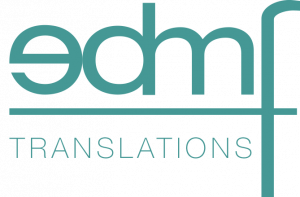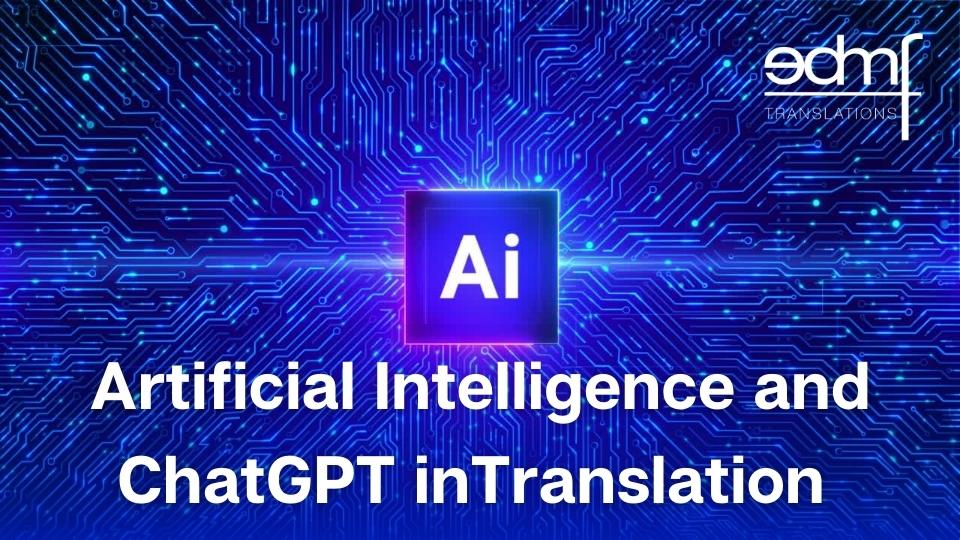Artificial Intelligence and ChatGPT in Translation
In terms of the translation and interpretation industry, are AI and ChatGPT capable of replacing professional human interpreters and translators entirely? No – this still has a long way to go.
There’s no denying that artificial intelligence is changing our daily narrative. AI is making life easier and more efficient, from self-driving cars to virtual assistants. Or is it?
Let’s explore the impact of ChatGPT on the translation industry and its potential to shape the future of language translation.
The translation industry has seen significant technological advancements in recent years, particularly in integrating AI and machine learning. One of the latest breakthroughs in this field is the development of ChatGPT, an advanced language model developed by OpenAI.
ChatGPT is expected to generate quite accurate translations, and there is no doubt about the benefits it can bring in terms of speeding up the process. Yet there are still a number of drawbacks. Having a machine translate complex legal or medical texts without human intervention is a huge risk in anyone’s book, and one that companies would be foolish to take. The legal ramifications of inaccurate translation could be massive. Data and privacy concerns are big news these days, and with many AI engines being public and open-source it creates unnecessary added security problems for confidential data. And of course, AI is still incapable of following client rules and terminology, which can be crucial in delivering the job the client requested.
The importance of accurate and efficient language translation cannot be overstated. Communicating effectively across cultures and languages is crucial for medicine, business, education, and other fields. At this point, we can’t guarantee this without the reliable input of a professional translator.



